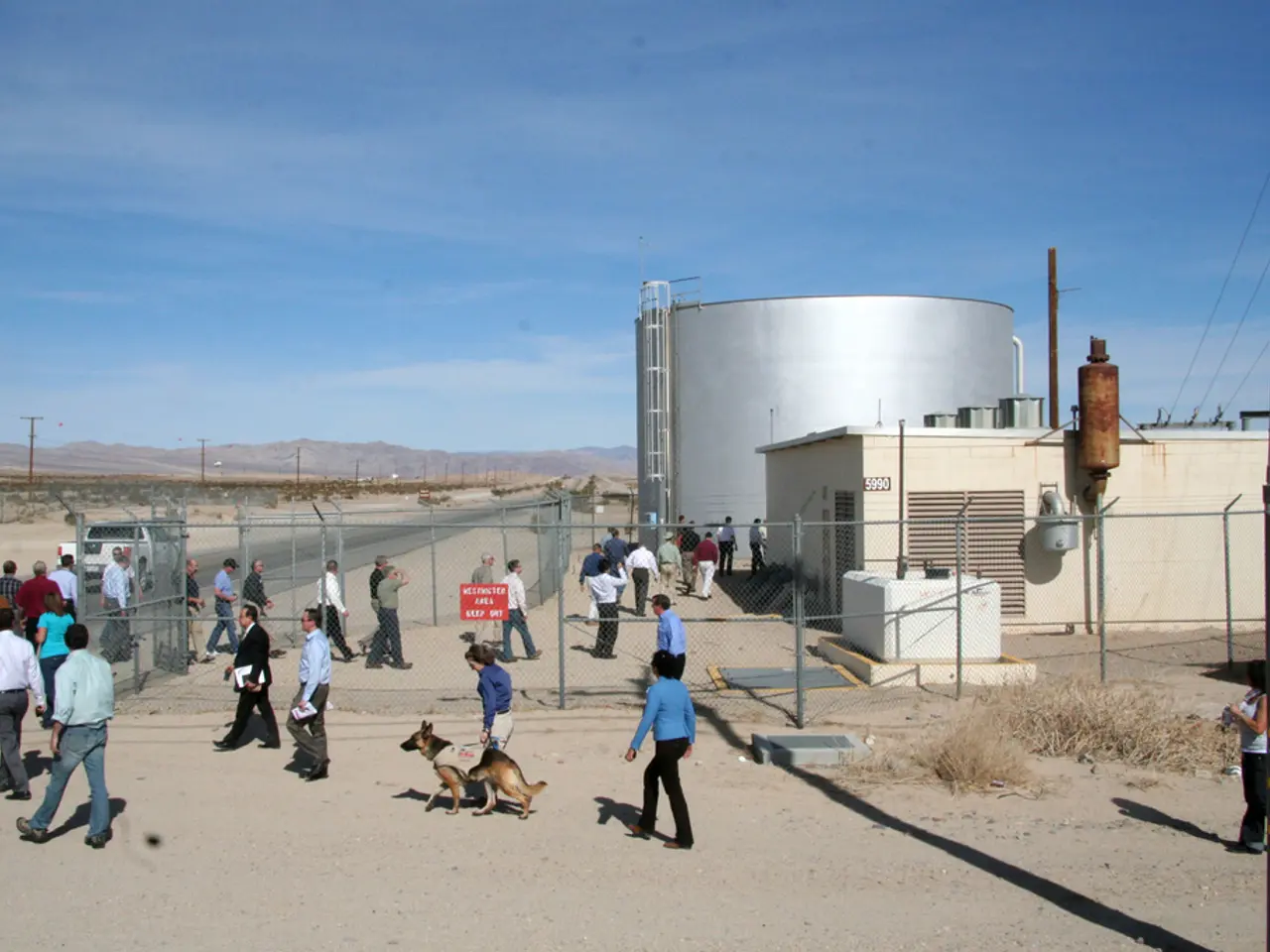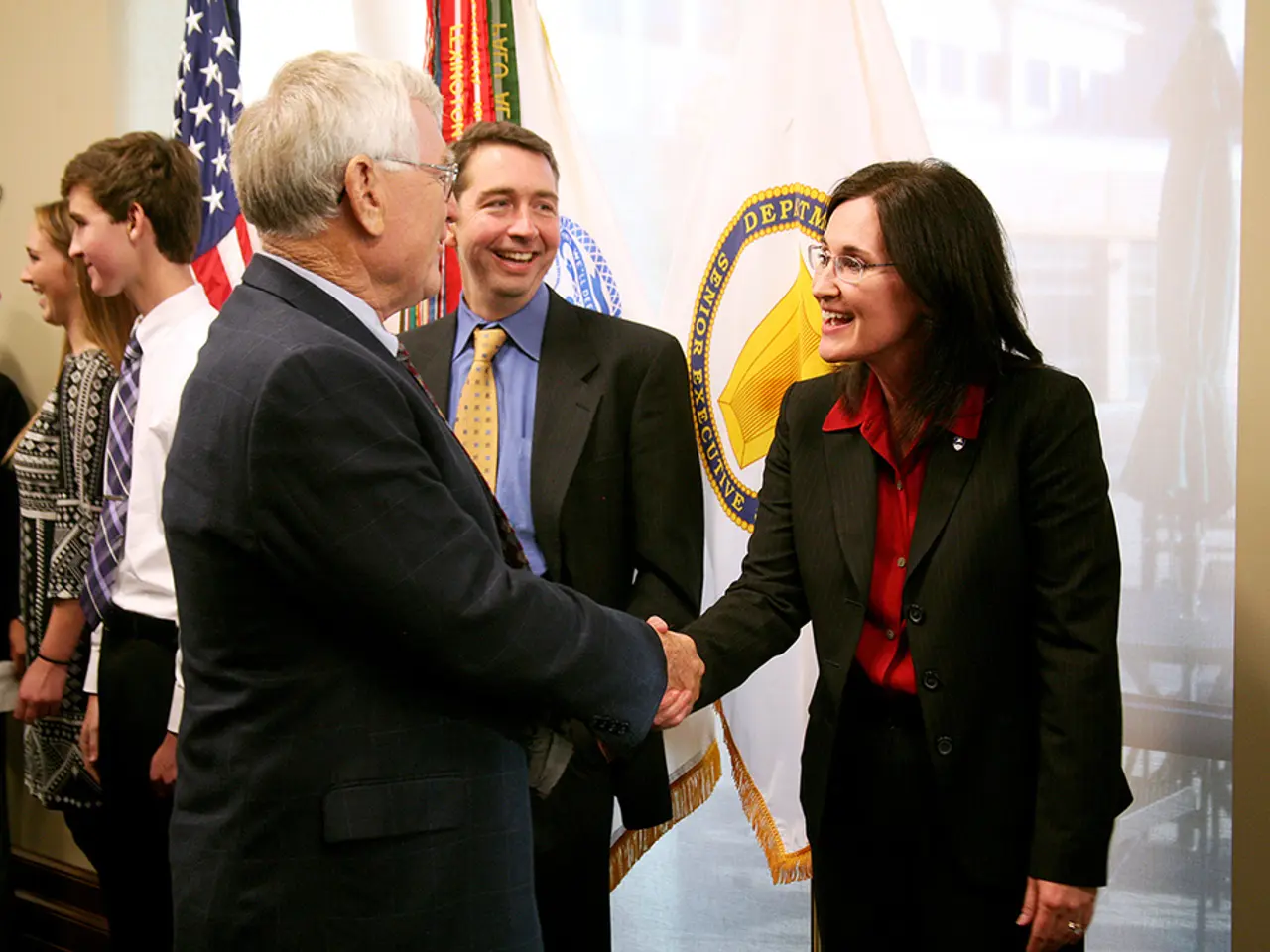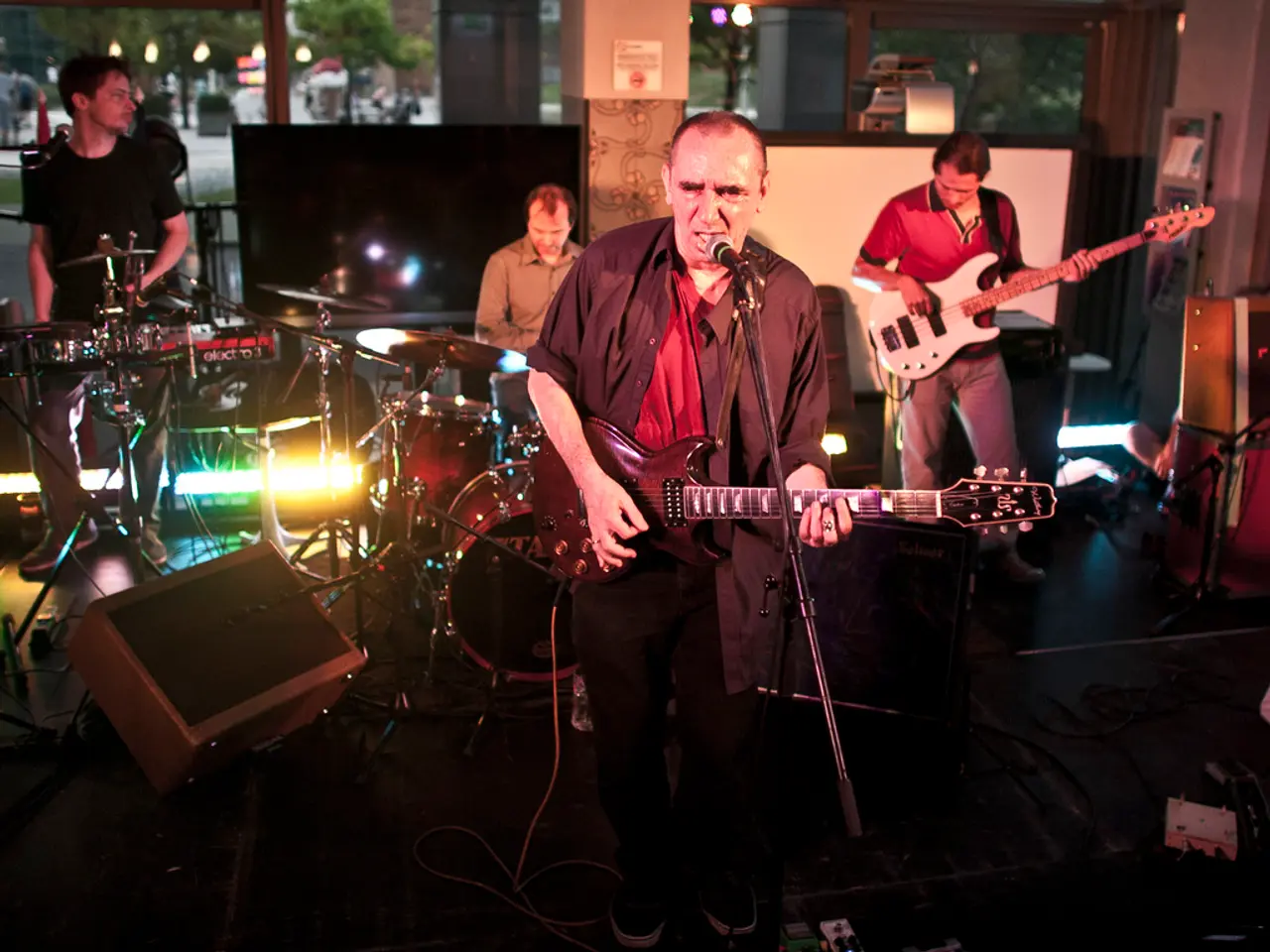International gathering commences in Brazil, marking the start of the BRICS summit.
The 2023 BRICS Summit, held in Brazil, brought together the bloc's expanded membership of Indonesia, Iran, Egypt, Ethiopia, the United Arab Emirates, and the original five members. Despite internal challenges, the summit maintained a strong focus on trade, economic cooperation, climate change, and global health.
As the world grapples with instability caused by trade wars and geopolitical tensions, the BRICS summit emerged as an important platform for emerging economies to respond and seek alternatives. The summit emphasised enhancing trade and investment cooperation among BRICS members, aiming to build a more equitable economic order. Discussions revolved around expanding the role of the New Development Bank, which finances infrastructure and sustainable development projects across member countries.
Global health cooperation was highlighted as a priority, with initiatives like the BRICS Partnership for the Elimination of Socially Determined Diseases being launched. The summit also underscored the need for reforming global governance institutions, such as the UN Security Council, IMF, and WTO, to better represent emerging and developing economies and support multilateralism.
Brazil, as host country, placed a significant emphasis on climate change, advocating for stronger financial support from developed countries to assist developing nations in climate mitigation and adaptation. The summit also marked the first absence of Chinese President Xi Jinping since he became his country's leader in 2012, and Russian President Vladimir Putin made an appearance via videoconference due to an international arrest warrant issued after Russia invaded Ukraine.
The lack of cohesion in an enlarged BRICS may affect its ability to become another pole in world affairs. Rapid expansion led Brazil to put housekeeping issues, officially termed institutional development, on the agenda to better integrate new members and boost internal cohesion. The level of representation for countries like Iran, Saudi Arabia, and the UAE was uncertain for the summit.
The summit's moderate agenda was seen as an attempt by member countries to stay off U.S. President Donald Trump's radar. Brazil has decided to focus on less controversial issues, such as promoting trade relations between members and global health, to avoid drawing the attention of the Trump administration. The summit also represented an opportunity to advance climate negotiations and commitments on protecting the environment before November's COP 30 climate talks in the Amazonian city of Belem.
Despite the absences of key leaders, including Brazil's President Luiz Inácio Lula da Silva, and differences in interests among members, the summit produced three joint statements. Lula called for the group to promote peace and mediate conflicts during his speech at the summit. Egypt's President Abdel Fattah al-Sisi was among those who did not attend the summit.
In summary, the 2023 BRICS Summit faced internal challenges but continued to push forward on key areas such as trade expansion, global health initiatives, and climate finance, while intensifying calls to reform global economic and political institutions to better serve developing countries and the Global South.
The 2023 BRICS Summit, on one hand, served as a platform for emerging economies to respond to global trade wars and geopolitical tensions by strengthening trade and investment cooperation among its members. On the other hand, it emphasized the need for reforming global governance institutions like the UN Security Council, IMF, and WTO, to better represent emerging and developing economies and support multilateralism.







